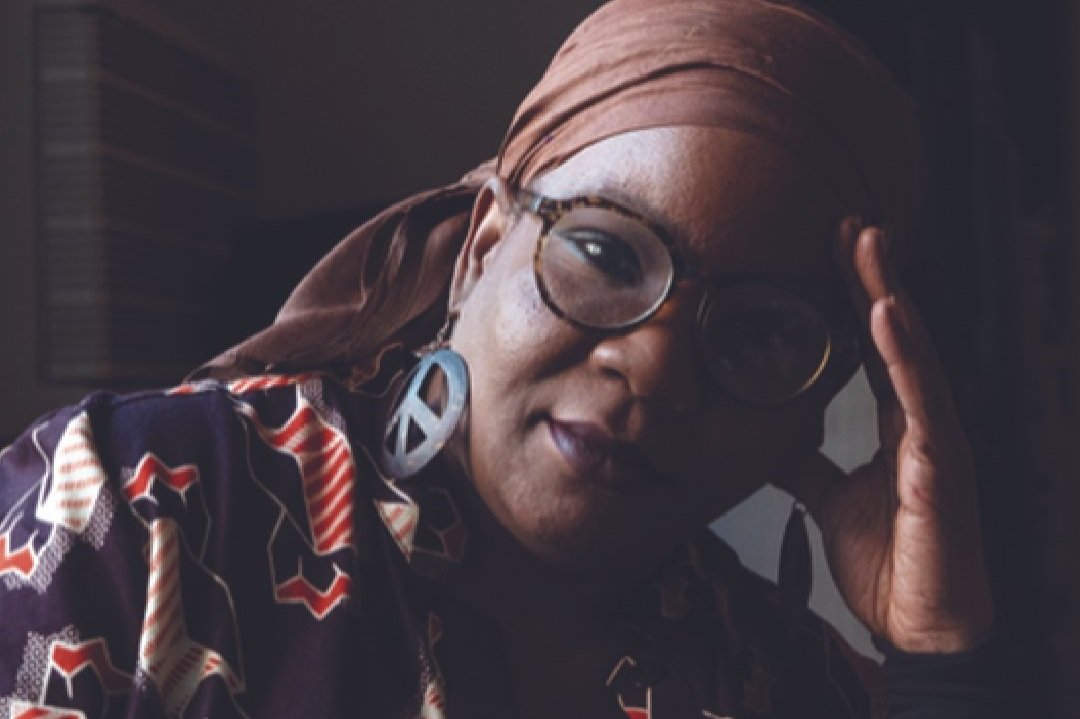Honoring the Legacy of Leaders
In our work, the team at Shared Roots Mediation strives to honor and recognize the communities that originally built, nurtured, and modeled the healing-centered models of justice that we use in our practice today. We are following in the footsteps of generations of activists, organizers, and visionaries from Indigenous, Black, and other historically marginalized communities who have led the way. Time and again, those most impacted by injustice have risen up to demand change and offer solutions grounded in their lived realities.
As we apply restorative and transformative frameworks in particular, we reflect on both the wisdom and the historical injustice intertwined with these roots and acknowledge that the very communities who pioneered alternatives to punitive justice were and continue to be targeted by violent systems, White supremacy, colonization, and cultural genocide. As we work to transform today's broken systems, we must honor the lineage of restorative philosophies while consciously confronting this ongoing oppression and violence. Our conception of justice is incomplete without paying respect to those who have stewarded non-carceral, community justice through resilience and resistance; we cannot claim credit for their wisdom and resilience in the face of violence and dehumanization. Our responsibility is to see their full humanity and let their stories, struggles and strategies guide and shape our approach, rather than appropriating and co-opting their wisdom as our own. This work requires humility above all, and we are still learning how to show up in this way. But we are committed to keep listening, growing and working to realize the vision of justice that can only come when those rendered powerless reclaim their power.
In honor of Black History Month, our co-founder Christine Evans wishes to highlight and thank three of the many extraordinary Black women whose wisdom has shaped her understanding of justice and guided the path we seek to take Shared Roots Mediation.
Dr. Angela Davis
Activist, author, and philosopher Dr. Angela Davis is a pioneering thinker and advocate of transformative justice. During my first semester studying conflict transformation and restorative justice, I read her 2003 book Are Prisons Obsolete? By the time I had finished reading this text, I was fully confronted with how my idea of justice was centered in carceral feminism. By tracing the complex interconnections between racism, capitalism, misogyny, and state violence that underpin the criminal justice system, Dr. Davis’s work helped me see how aligning my work for survivors of sexual harm with a punitive legal system reinforces the misogynist status quo. It was through Dr. Davis that I first began to understand that true justice for survivors requires so much more than a punitive, carceral response.
Mariame Kaba
Mariame Kaba is an organizer, educator, and activist who has made significant contributions to the restorative and transformative justice movements, particularly in advocating for community-based accountability as an alternative to the criminal legal system for addressing sexual and domestic violence. I first became aware of her work while searching for RJ practitioners who addressed sexual and domestic violence in their work and discovered her work in Chicago through Project NIA and the Just Practice Collaborative. I now regularly seek out her writing to educate me on topics such as the connection of carceral feminism to racial injustice, the criminalization of survivors of violence, and the retraumatization of survivors by the criminal legal system. The workbook “Fumbling Towards Repair”, which Ms. Kaba authored with Chicago activist Shira Hassan, has offered pivotal guidance as I seek to develop accountability measures outside of the legal system for survivors of sexual harm.
Dr. Johonna McCants-Turner
Of all of these women, professor and scholar Dr. Johonna McCants-Turner had the most personal impact on me and my future work in restorative and transformative justice. As one of my professors at the Center for Justice and Peacebuilding, Dr. McCants-Turner helped me understand the intersection of racial justice and restorative practices and showed me the power of centering community voices and needs. During one particularly humbling conversation for me, I found myself touting my former work with an organization that sought to create misdemeanor charges for persons who perpetrated sexual harm, proud that this work would not increase the harms of the sex offender registry. Dr. McCants-Turner gently but clearly explained to me how creating more options for charging merely expands the criminal legal system, ever widening the carceral net men of color are often trapped in. This moment completely shifted my thinking around my work on behalf of survivors. Through this one comment, she reminded me of the need to center the human dignity of all participants in my ongoing justice work. Through her teaching and scholarship, Dr. McCants-Turner has modeled a standard of ethical, compassionate, and culturally-responsive activism that I continually strive to live up to.
We are profoundly grateful for the wisdom and guidance of these three women and the many other Black scholars, activists, and teachers who have shaped and guided our understanding of restorative and transformative justice. We hope our work at Shared Roots Mediation can fully honor their visions for justice.




